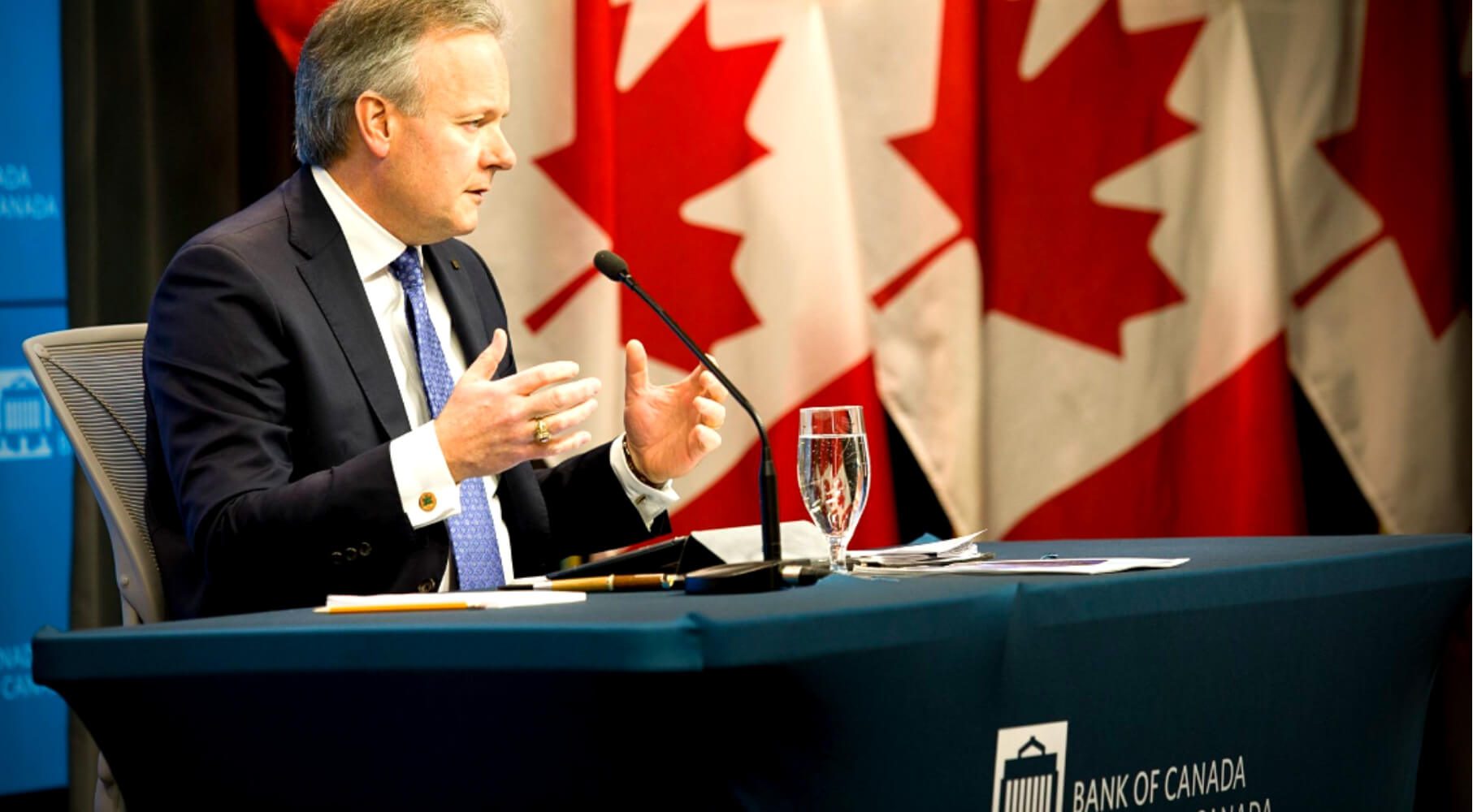 Canada wasted its opportunity to focus on policies that raise long-term potential, which means we have fewer and less effective tools to combat slumping global growth, writes Philip Cross.
Canada wasted its opportunity to focus on policies that raise long-term potential, which means we have fewer and less effective tools to combat slumping global growth, writes Philip Cross.
By Philip Cross, March 17, 2020
As prospects dim for the global economy, policy-makers reflexively turn to more stimulus — as they have done for a decade at the first sign of slowdown. Already the Federal Reserve and the Bank of Canada have cut interest rates half a percentage point, with more assuredly on the way, while governments have signalled they are planning more spending and higher deficits.
But monetary and fiscal stimulus are reaching their limits — for at least three reasons. First, continuing stimulus over the past decade has reduced the scope for more stimulus. In everyday parlance, policy-makers are “running out of bullets.” Interest rates are near zero, while the accumulation of annual deficits by all levels of government has raised their debt to over 80 per cent of GDP, which restricts the room for further increases. This is why the Bank for International Settlements (BIS) has long urged government to curb borrowing during expansions so as to preserve “sufficient room for manoeuvre during busts.”
Second, like most economic processes, monetary and fiscal stimulus are subject to diminishing returns. Repeated use has dulled their impact. Low interest rates, for example, work partly by shifting spending from tomorrow to today. Over time, the amount of spending that can be borrowed from the future falls simply because demand for housing and other big-ticket items is satiated. As the BIS puts it, “tomorrow eventually becomes today.”
The same pattern of waning stimulus exists for fiscal policy. McMaster University’s William Scarth argues that running a deficit does moderate a recession’s impact. “But over time the government debt must be worked down, so the overall speed of the economy is reduced. The initial recession is smaller, but the recovery takes longer.” One reason is that the multiplier from fiscal policy shrinks as debt levels mount. The Maastricht Treaty attempted to limit the debt of member EU nations to 60 per cent of GDP, reflecting a consensus that at some level debt becomes problematic both for government balance sheets and for stimulating growth, although there is room for debate over what is the right number.
Already we have seen the impact of stimulus diminish in recent years. As a result, despite an initial boost to growth during the 2009 recession from unprecedented stimulus, growth over the past decade was the slowest since the 1930s.
Third, unrelenting monetary and fiscal stimulus gradually reduces the economy’s long-term potential growth rate. Lower interest rates and higher debt do soften a recession’s short-term impact but at the expense of less productivity growth. Stimulus diverts spending from business investment to sectors such as housing and government that don’t boost productivity as much. Low interest rates reduce the pressure governments feel to implement structural reforms, a syndrome clearly evident in southern Europe before its 2010 fiscal crisis.
More broadly, short-term stimulus undermines factors needed to support long-term productivity growth, such as financial stability, minimizing investment in sectors that don’t pay off (such as low-wage manufacturing in Canada in the 1990s or housing in the U.S. before 2007) and increasing savings. Asset bubbles form, often in housing and the stock market, which attract investment but then threaten financial stability when they burst.
Policies that support growth in the long run often are the opposite of those designed for short-term stimulus. For example, the famous “paradox of thrift” holds that more savings can depress GDP growth in the short run. However, renowned Yale University economist Robert Shiller points out that the true savings paradox is that “in the short run we fear a sudden increase in the savings rate, which might trigger a recession, but in the long run we want a higher savings rate, because we need the resources for investment in the future.” This is why William White, the former BIS chief economist, argues that the long run is “not just a series of short runs.”
We have maintained policies designed to stimulate the economy in the short term for nearly a decade now with abysmal results. It is time to acknowledge the limitations and failures of unrelenting short-term stimulus and focus on policies that raise long-term potential, which, perhaps paradoxically, will also restore the effectiveness of short-term stabilization policies during future slowdowns. The best time to do this would have been when the economy was growing. But, like many nations, Canada wasted that opportunity, which means we have both fewer and less effective tools to combat slumping global growth, as well as lower long-term potential than we could have had.
Philip Cross is a Munk Senior Fellow at the Macdonald-Laurier Institute.




